Innovation is often conceptualized as taking place in ‘open space’, as though the work starts from a tabula rasa...


Innovation is often conceptualized as taking place in ‘open space’, as though the work starts from a tabula rasa...
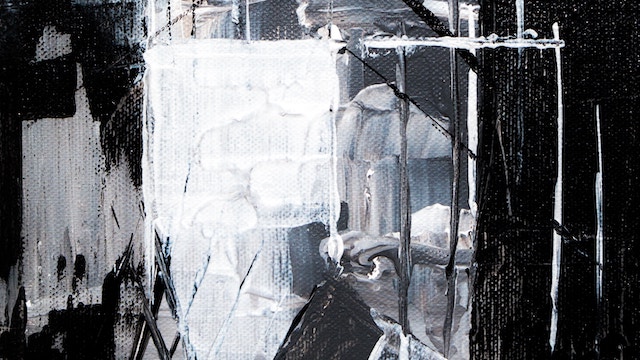
Visions that highlight new technological capabilities often depict frictionless futures in which data,...

Ethnography can be a divining rod for the future. Though speculative, the study of cultural signals to seed...

https://player.vimeo.com/video/897551968?badge=0&autopause=0&player_id=0&app_id=58479 Materials & Resources: Presentation Deck Forecasting Basics, Signals, and Drivers (video) Future Skills Map (Report) Future...

Presenters Rebekah Park is a Partner at Gemic, where she co-leads the Tech and Health practices. Over two decades...

It's difficult for researchers in industry to focus their stakeholders on the future, given the relentless...
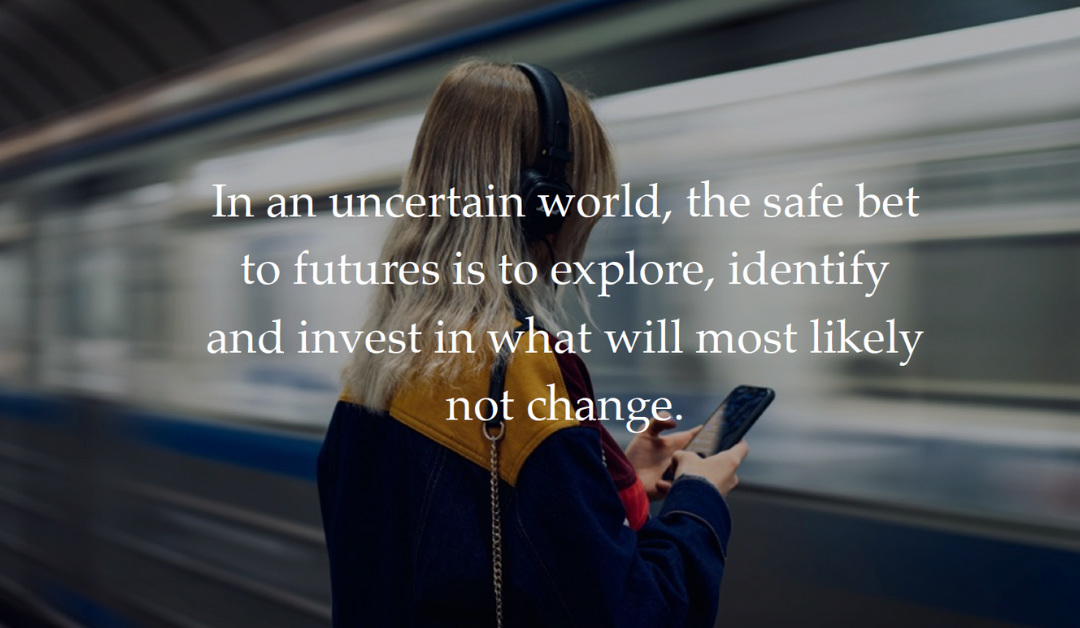
Ethnographers operating in the future-focused context of business consultancy face a core challenge. Our approach is holistic and human-centric, “based on the researcher sharing time and space with the people he or she wants to understand, establishing relationships with them and thereby...
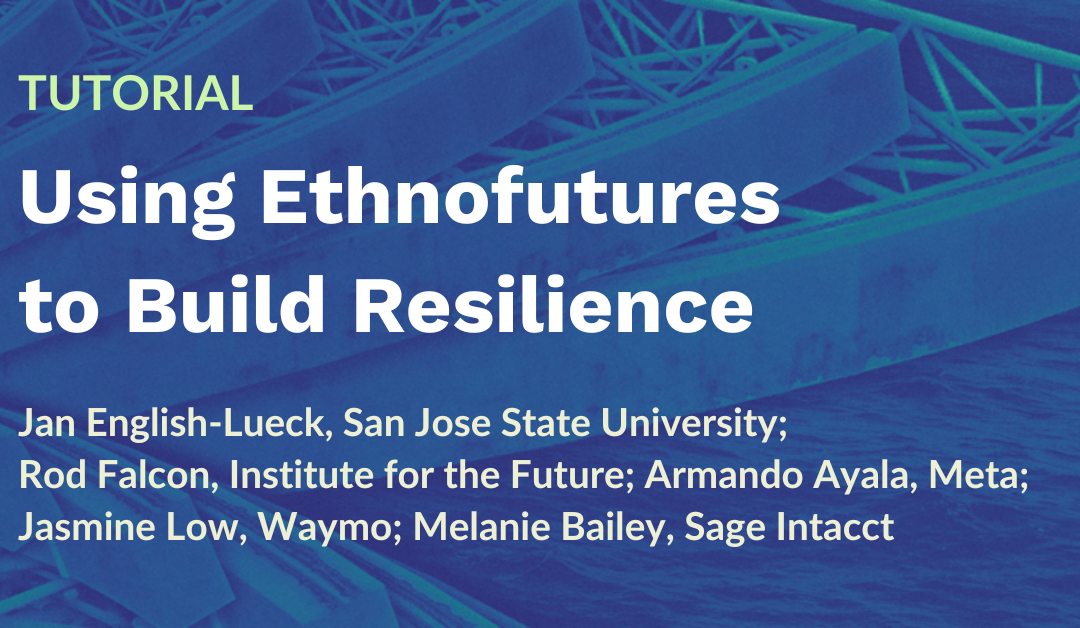
Pre-session Homework This video was created to watch prior to the main tutorial video. You can also review the additional resources below to go deeper! https://youtu.be/wfmoJ4VmMVk Download Article: Future Readiness Playbook...
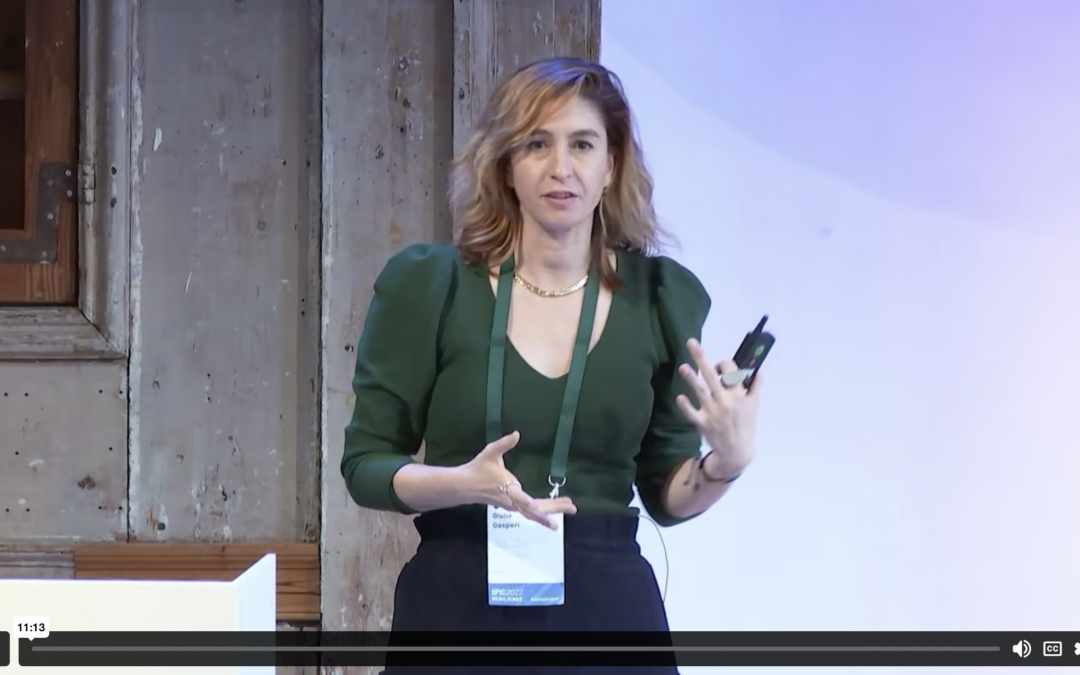
Apparel & footwear (A&F) give us social identity, protection and a means of self-expression. But in a pandemic these ways of thinking about clothing are essentially pointless. When the world shuts down...
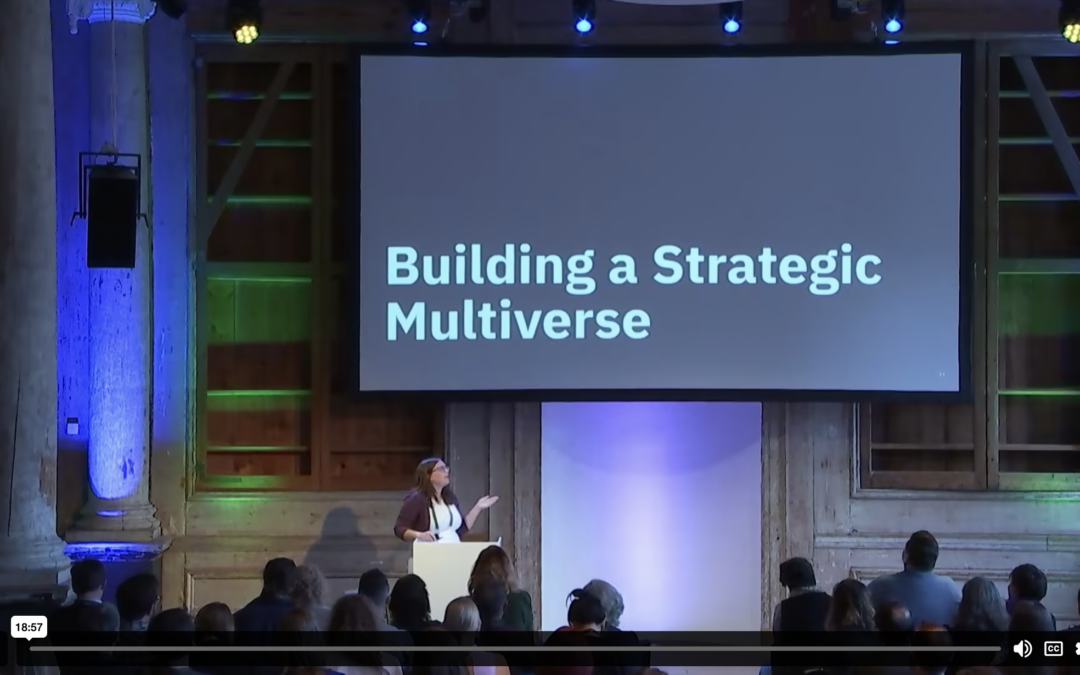
“Security in cyber space should be one of the main cornerstones of economic prosperity in Iceland, resting on a foundation of sophisticated awareness of security issues and legislation.” —Icelandic National...